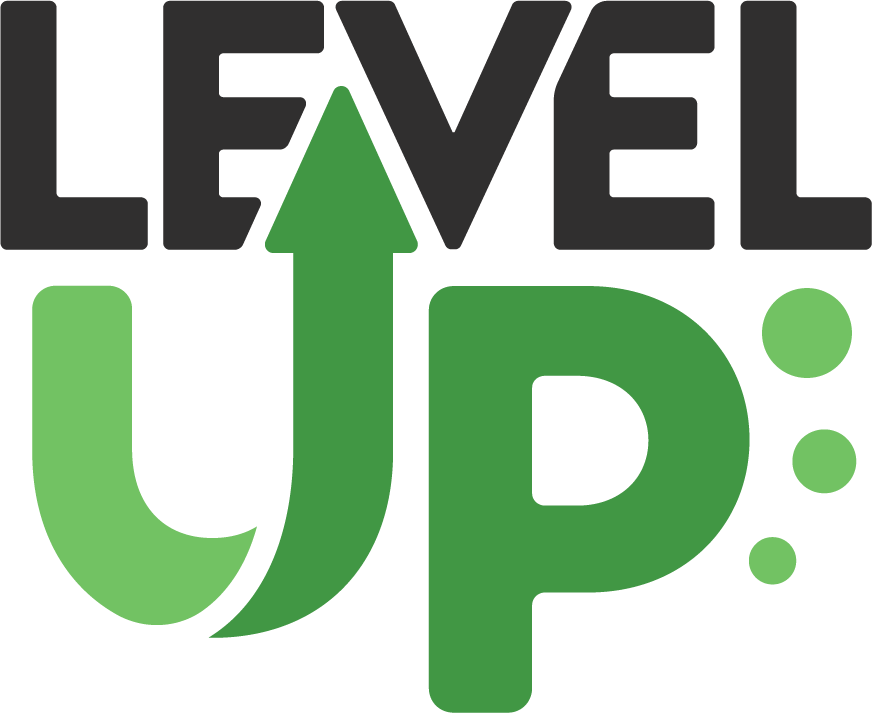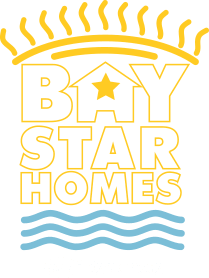Ideas on How You Can Level Up
You’re already acting responsibly, and we applaud your actions, warrior! Now, we’re asking you to level up and do more. What more can you do? Glad you asked! Read on…
Identify and commit to ways you can do more to help your home and family live a cleaner, greener lifestyle. Need ideas? Keep reading — we have plenty!
Bookmark and/or print this page to use as a reference and checklist as you find ways to level up.

Ideas for Recycling and Waste Reduction
We bet you already know that paper, plastic bottles and metal cans are universally accepted for recycling in cities and counties throughout Hampton Roads. But there are other ways to reduce your waste quota, by making thoughtful decisions about the products you purchase and use.
See if you can level up to become a smart recycler and waste-reduction warrior.
- Eliminate plastic grocery and retail bags by carrying your own reusable totes. Keep them by the door or in the car, so you don’t forget.
- If you do overlook your totes on occasion, create a plastic bag collection spot in your home. This will make it easier to drop the bags in the grocery store recycling bin.
- Be more mindful when shopping, so that the packaging is just as important as the price. For instance, Styrofoam in any form is not recyclable, but cardboard is.
- When you shop at a wholesale food club, keep the same cardboard box in your car and reuse it each time you shop.
- Prioritize any packaging you can reuse, such as coffee cans or glass jars, which can hold dried foods or household items.
- Stop buying plastic bottles of water completely.
Ideas for a Low-waste Kitchen
When leftover cooking oil and greasy food scraps are washed into the kitchen drain or disposal, it can lead to backed-up sinks and sewer overflows that can contaminate local waterways. We hope you are already scraping food scraps in the trash and not in the sink, and safely disposing of standing grease.
Now try new ways to keep a green kitchen.
- Reuse empty glass jars and metal cans to collect grease (once it has cooled) from your pans. This will make it easier for you to store old grease. Simply pop the containers in the freezer to harden and then toss out with the trash.
- Avoid food waste by storing fresh food in air-tight containers before putting them in the ‘fridge. Fruits and veggies will stay fresher longer.
- Keep a countertop pail with a lid handy for stowing produce stems and peels. Empty it regularly into a larger compost container outside. Use it to enrich your lawn and garden beds.
- Wash plastic takeout containers and reuse them to hold leftovers or for sharing a meal with your neighbors.
- Invest in reusable kitchen towels, dish cloths and bowl covers, reducing your paper and plastic footprint.
Ideas for Wining and Dining
Did you know that plastic straws take decades to decompose, yet they are generally used for less than 30 minutes before being thrown away?
Take these steps to level up when dining out—or in.
- When ordering takeout, tell the staff you don’t need plastic cutlery or paper napkins. Use your own forks, knives and cloth napkins instead.
- Skip the straw when buying a drink. If not disposed of properly, single-use products like this can easily become litter and harm aquatic life.
- Invest a buck or two in a wine tote, with slots for safely carrying multiple bottles. This will avoid the double-bagging (brown and plastic) at checkout.
- When entertaining, avoid single-use plates, cups and cutlery. Show guests you’re a class act by using your own beautiful things instead.
Ideas for the Loo
When pipes become clogged at home, wastewater can back up into toilets, tubs, sinks and streets. To avoid the environmental mess and a hefty plumbing bill, it’s always good to know what not to do when in the loo (among other tips).
- Items like cotton swabs, dental floss and disposable wipes should never be flushed. (Even when they say they are flushable. They’re not.) Only pee, poo and toilet paper should go down there.
- Ditto for cat litter, diapers and disposable diaper liners, facial tissues, family planning products, fats/oils/grease and food scraps from the kitchen; paper towels and personal hygiene products! Only pee, poo and toilet paper should go down there.
- Eliminate as many plastic bottles as you can; switch to bar shampoos, conditions and soaps.
- Check for leaky toilets and sinks throughout your home. When you find ‘em, fix ‘em, to avoid wasting water and a higher utility bill.
- Conserve water by turning off the faucet while brushing your teeth and washing your face. Every drop counts!
Ideas for Lawn and Garden
Are you working hard or hardly working when it comes to lawn and garden chores? Either way, we hope you will try out a few of these ideas for creating a truly “green” outdoor environment.
- Stop using a blower; make raking your leaves into your garden beds or another spot in your yard your regular workout.
- Don’t bag your grass clippings. Leave these nitrogen-rich lovelies on the lawn.
- Clean up leaves and yard debris around the storm drains on your street or in your neighborhood; don’t just focus on your own yard.
- You’ve often thought about installing a rain barrel; make this the year to do it!
- Plant native trees and shrubs. These require less water once established and are acclimated to our weather conditions.
- Instead of guessing, test your soil before adding amendments to your lawn and garden areas.
Ideas for Your Community
Hampton Roads is a lovely place to live, and it would be nice to keep it that way. From helping out at community cleanups, to keeping up your own block, there are many ways to lend a hand.
- Vow to pick up litter around your neighborhood or in a well-known trouble spot once a month, and get your neighbors involved.
- Adopt a storm drain near your home or work. Choose your drain, give it a name and sweep around it a few times a year. Your effort will help prevent pollution from entering the storm drain that leads to a neighboring waterway.
- Sign up for askHRgreen.org’s Bay Star Homes program. By agreeing to adopt at least eight green practices, you will receive a BSH garden flag to proudly display in your yard! For that matter, check out the Bay Star Business program too!


IS YOUR HOME OR BUSINESS A BAY STAR?
We live in a beautiful region surrounded by water. It impacts everything from the food we eat to the fun we have as well as our economic livelihood. Our daily actions have a lasting impact and it's up to us to protect and restore our waterways. It takes a community of individuals making small changes to make a difference. Getting involved in the Bay Star programs is one way you can be part of the effort to protect our region's most defining natural resource, water.